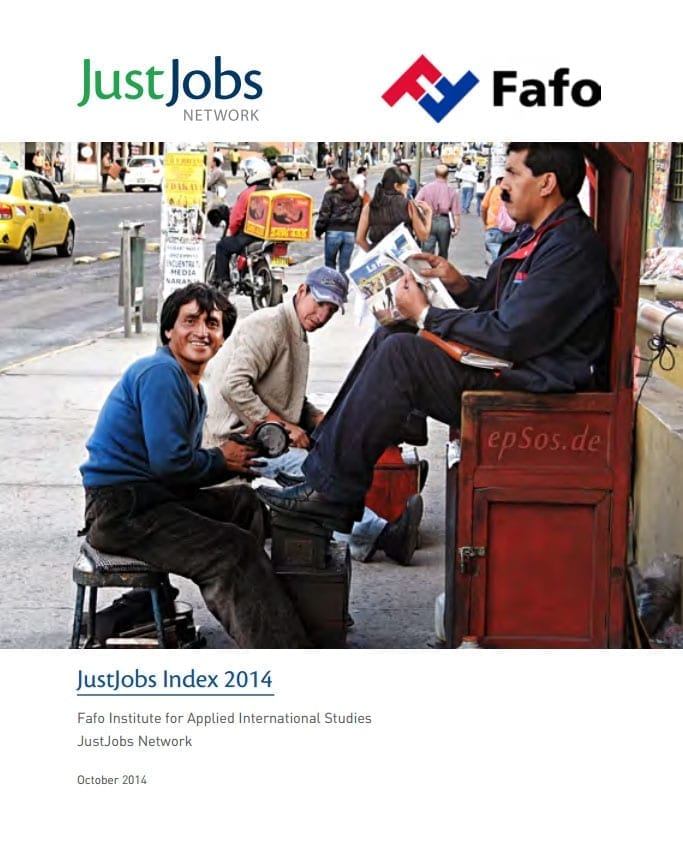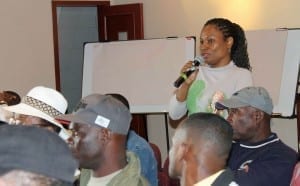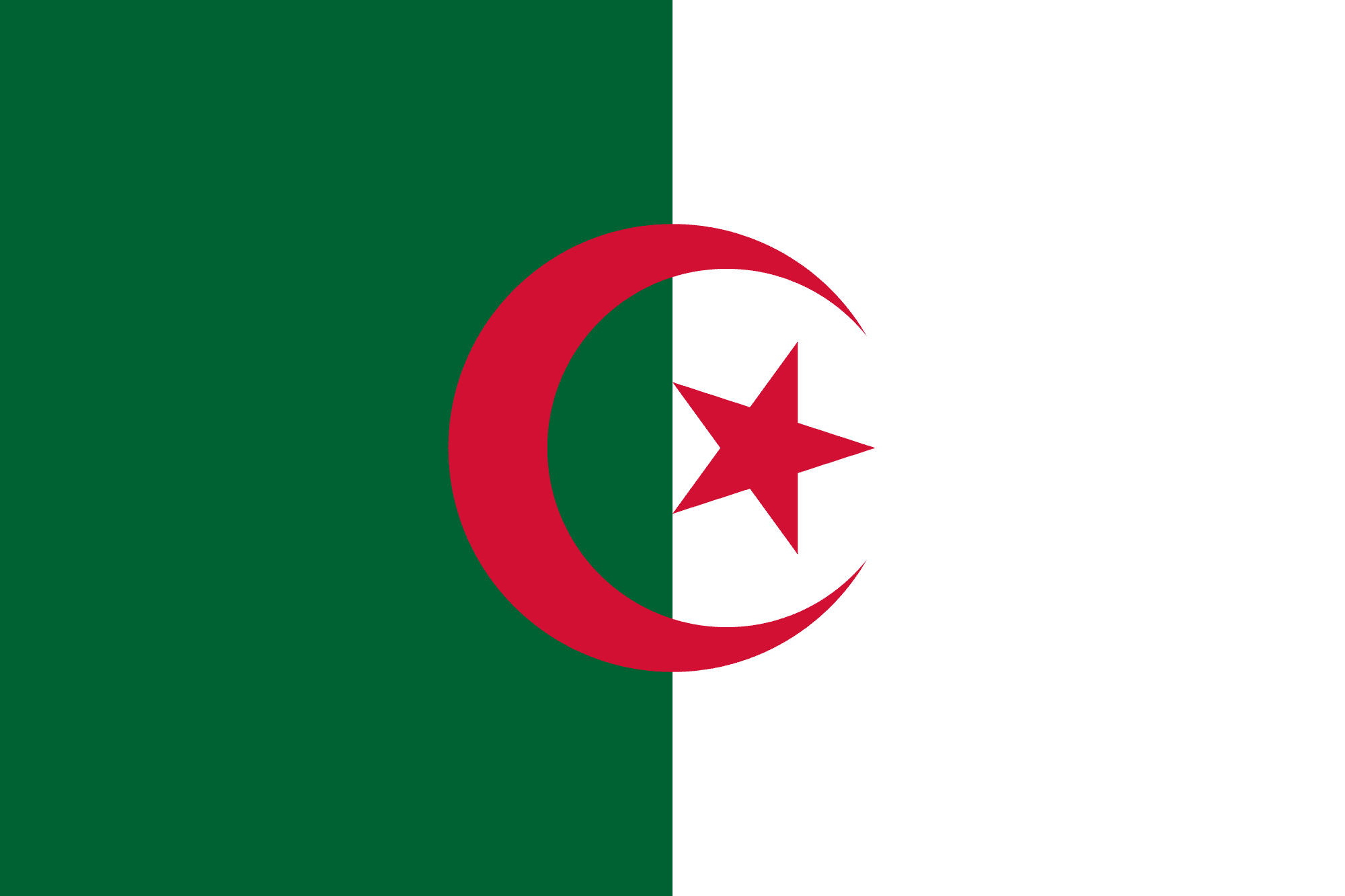
Oct 20, 2014
A new data-driven online index launched by JustJobs Network, a nonpartisan global policy and research institute, highlights the need for sustainable employment and offers policymakers and other decision-makers worldwide a tool to help generate more and better jobs worldwide.
Created in partnership with Fafo, an independent and multidisciplinary research foundation, the JustJobs Index offers the first-ever index to measure both quantity and quality of jobs. The site includes two indexes with country-by-country data trends between 2000 and 2013. The Global JustJobs Index ranks 148 countries on quantity and quality of employment in 10 areas, such as unemployment and gender equality. The Enhanced JustJobs Index includes 41 countries where more extensive data is available, and offers 17 indicators. The site also provides longitudinal country comparisons, maps and downloadable reports.
The JustJobs Index is anchored in the International Labor Organization (ILO) decent work agenda and Article 7 of the International Covenant on Economic, Social and Cultural Rights recognizing the right of everyone to just and favorable working conditions. An accompanying report details the methodology underlying the data.
More than 200 million workers around the world are jobless, nearly 40 percent of them young workers, and many more—approximately half the global workforce—labor in the informal sector, where they lack basic protections. And even formal sector workers increasingly find their wages stagnant and their benefits stripped away.
JustJobs says the index should “provide a strong empirical basis for policy dialogue and formulations” as more policymakers and leaders around the globe recognize that high inequality is a sign that a country’s labor market is not producing enough good jobs and that work “is fundamental to the well-being of economies.”

Sep 12, 2014
Up to 80 percent of workers across Africa labor in the informal economy, many as street vendors, taxi drivers and domestic workers. With few legal rights, most informal-sector workers make low wages and have no health care or other social protections.
Because women comprise the vast majority of workers in the informal economy, they are integral to improving wages and working conditions for all informal workers. Indeed, says Caroline Mugalla, executive secretary of the East Africa Trade Union Confederation (EATUC): “The key to development in Africa is empowering women.”
Mugalla traveled to Washington, D.C., in August, where she and nearly 40 African trade union leaders met to ensure participants in the high-level U.S.-Africa Summit included “decent work” on their agenda. Although “Africa rising” has become a popular catchphrase for the continent’s economic momentum, only the top 1 percent are benefiting. Most Africans are unable to secure decent work—which includes good wages, safe working conditions and the freedom to form unions and collectively bargain.
For many unions, the first step to empowering women workers is addressing their own power structures, a process Mugalla led for several years within the EATUC, a regional confederation that includes labor federations in Burundi, Kenya, Rwanda, Somalia, Tanzania, Uganda and Zanzibar. EATUC’s constitution was “silent on the issue of gender,” Mugalla said, so in 2009, she and others began drafting language to ensure gender equality became a key part of it.
Over the next three years, union leaders hosted regional committee meetings with women to hear their concerns and develop recommendations for the EATUC governing body. The International Labor Organization (ILO) and Solidarity Center held leadership trainings for women and assisted union leaders in crafting new language for the constitution. The union women also held the all-male general secretaries accountable for approving it, says Mugalla.
Now with passage of the new constitution, Mugalla says “women need to be trained at the shop floor so they can become leaders—stewards, regional officers, national officers.”
In reaching out to workers in the informal economy, unions in East Africa provide an opportunity for women to share in the region’s prosperity. Tanzania unions have organized female street vendors who sell beads, sandals, wood carvings and other crafts, providing them with valuable information on the market price for their goods. “Women make up the majority in East Africa, make up the majority of people living below the poverty line,” says Mugalla. “A woman who is economically empowered can made decisions on her own.”
As a collective trade union voice in East Africa, EATUC is pressing for strong worker protections in trade agreements such as the African Growth and Opportunity Act (AGOA). AGOA, which gives eligible sub-Saharan countries duty-free access to the U.S. market for a variety of products, is up for re-authorization in 2015. In the 15 years AGOA has been in effect, it has increased exports from sub-Saharan Africa, but by focusing mostly on tariff reductions, it has not spurred broader development or fostered a robust and equitable economic system, Mugalla says.
AGOA covers products made in the textile sector, which is nearly entirely composed of women workers. The EATUC is working to ensure AGOA and other such agreements do not increase the number of low-skilled jobs but provide women and young workers “employment that gives them the opportunity to access social services, job security,” says Mugalla.
Empowering women economically, fundamental to advancing progress across Africa, can only happen when gender equality is recognized across the board. Or as Mugalla says:
“The day that gender becomes a man’s issue is the day we have made a lot of progress.”
Mar 27, 2014

Construction unions and migrant workers met this week in Costa Rica. Photo coursesy of BWI.
This week, eight construction union federation from six South and Central American countries came together in Costa Rica to focus on migrant workers and the issues they face in order to help migrants working in construction to organize and to improve union capacity to expand worker rights for migrant and native workers alike.
The seminar, jointly assembled by the Solidarity Center and Building and Woodworkers International (BWI), allowed union representatives the opportunity to present best practices for organizing migrant workers and to speak directly with Nicaraguan day laborers who also are active members of the Costa Rican BWI affiliate, SUNTRACS. Union leaders heard firsthand accounts of the daily challenges that Nicaraguan migrants face on the job and in Costa Rican society in general, where discrimination—including denial of treatment by the national health service for work-related injuries and receiving salaries that are below the national minimum wage—is a fact of life.
According to the International Labor Organization (ILO), more than 5 million people currently live and work in Latin American countries other than those in which they were born. Once a phenomenon almost exclusively restricted to developed countries in the Northern Hemisphere, positive trends in economic growth and job creation have converted numerous Latin American countries—such as Brazil, Chile, Argentina and Costa Rica—into attractive destinations for migrant workers over the last decade. Nonetheless, the promise of decent employment in these countries in sectors including construction, domestic work and agroindustry has remained elusive, particularly for workers without solid knowledge of their own labor rights enshrined by national law and international norms.
On a regional level, BWI and its affiliates have helped migrant workers obtain legal migratory status and advocated for more transparent national immigration policies. Most importantly, they have organized protest actions against insecure work environments, long working hours and wage irregularities for migrant workers.
BWI has seen positive results from its outreach efforts to migrant workers. “Objective economic conditions in Latin America have given new life to construction unions in the Southern Cone. The current construction boom in Brazil, for example, parallels what we saw in countries like the United States and Spain before the 2008 economic crisis,” said Nilton Freitas, BWI regional representative for Latin America and the Caribbean. “Using this new leverage and employing better forms of cooperation among our affiliates, we now are in a more advantageous position to prevent migrant workers from being treated as second-class citizens in the construction sector in those countries.”
The Solidarity Center and Building and Woodworkers International (BWI) have been working together over the last three years to promote innovative policies to improve union outreach and organization of migrant workers in the civil construction sector in Latin America. BWI’s pioneering role in the defense of immigrants who have sacrificed all to construct soccer stadiums in Brazil, skyscrapers in Singapore and offshore oil rigs in the Arabian Gulf was recently recognized by the AFL-CIO as the 2014 recipient of its prestigious George Meany-Lane Kirkland Human Rights Award.
Feb 28, 2014

Some 127 labor activists took part in the second Afro-Colombian Labor Council conference in Bogotá. Credit: Rhett Doumitt
Ready to power forward with new grassroots organizing and mobilization outreach, 127 Afro-Colombian labor and community leaders met in Bogotá in recent days for the second national forum of the Afro-Colombian Labor Council (CLAF).
During the two-day gathering, Afro-Colombian labor rights activists shared the organization’s successes—among them, the amazing growth of the Domestic Service Workers’ Union (UTRASD) from a locally based group in the city of Medellín to a nationwide organization with 250 women.
A quarter of Colombia’s population is Afro-descendant, yet Afro-Colombians comprise more than 50 percent of the country’s poor. Formed in July 2012, CLAF is the first national organization to explicitly tackle the exploitive working conditions that most Afro-descendants suffer. Since its launch, CLAF has expanded from a national coordination board to an organization with 10 local chapters across Colombia, including Bogotá, Cartagena, Santa Marta, Urabá, Valle del Cauca, Medellín and Buenaventura.
“When you build things collectively, then everyone takes ownership of them,” said Agripina Hurtado, president of the CLAF executive board. “We need to promote the vision of where we are going—grow, connect and advocate around the challenges facing all Afro-Colombians.”
The non-governmental organization Escuela Nacional Sindical (ENS) presented research on working conditions in predominantly Afro-Colombian economic sectors, such as construction, domestic work, and ports, where ENS researchers found extreme levels of labor informality. Afro-Colombians are far likelier than other Colombian workers to earn less than the minimum wage and to be employed in jobs where they cannot form unions to improve their working conditions.
Leaders and activists at the meeting, held with the support of the Solidarity Center and the International Labor Organization (ILO), developed a three-pronged work strategy focusing on organization building, public policy advocacy and formalization of work.

Dec 5, 2013
The autonomous Algerian Trade Union Confederation—the Confédération Générale Autonome des Travailleurs en Algerie (CGATA), or Autonomous General Algerian Workers Confederation—filed a complaint with the International Labor Organization (ILO).
The complaint says the Algerian government’s failure to recognize the union in accordance with the 30-day window as provided for by Algerian law is a violation of the country’s obligations under ILO Convention 87, the Freedom of Association and Protection of the Right to Organize.
The IUF, the global union of food, farm and hotel workers, is hosting an online campaign condemning “acts of intimidation and harassment regularly experienced by independent unionists because of their activities aimed at defending trade union rights in Algeria.”
You can show solidarity with the autonomous Algerian trades’ union movement by sending a message of support through the IUF.





